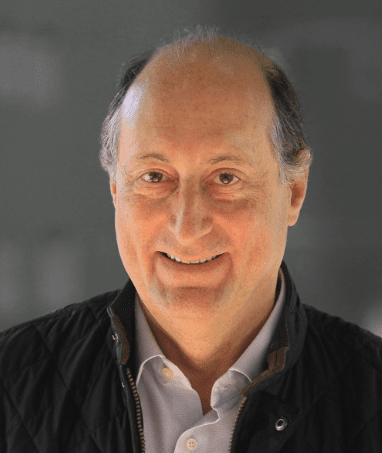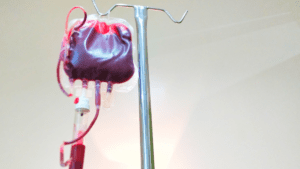
ICAP Seed Funding Seminar Offers Ins and Outs for Startup Entrepreneurs
The quest for funding can be a stressful experience for entrepreneurs hoping to launch a biotech startup. The need for seed funding is essential but where are the best sources? And what are the proverbial strings attached to that kind of funding?
These were questions discussed during the first presentation from the Life Science Mentors with the Innovation Commercialization Assistance Program (ICAP) at George Mason University. Philippe Sommer, one of the Life Science Mentors associated with the program, provided an overview of options available to would-be startup leaders across Virginia. Since its inception, ICAP has been laying the groundwork to support emerging companies across Old Dominion. Part of that support is providing an understanding of financing.

Sommer spent five years as director of business development at pharma giant Pfizer before taking on roles with WestMed Venture Partners, Walnut Ventures, the Charlottesville Angel Network. Mass Medical Angels and now with ICAP. A current angel investor and former venture capitalist, Sommer noted that he has “been on every side of the table” when it comes to financing. Having such a varied experience has provided him with insight into the goals of each type of investor involved with the life s sciences.
“It’s important to understand where each investor is coming from,” he explained to the seminar participants, some in person and some in live-watch parties hosted by CVille Biohub in Charlottesville and 757 Accelerate, a Norfolk-based startup accelerator.
The ICAP program was established to bolster Virginia’s strong small business development programs and pocket life sciences ecosystems that have been established across the state in hopes of building a mid-Atlantic powerhouse hub of innovation.
Sommer explained that the science an entrepreneur hopes to build a company around may show some potential in the lab but when it comes to securing investment to develop that asset, it will be necessary to have a well-thought-out approach to seeking seed investors. He reminded the students and other participants that most investors are looking for a significant return on investment, usually about 10-times the amount they initially put in upfront.
“Investors need assurances. They want to know how you’re going to invest their money and how they will get that 10x return on investment,” he said.
Because of that need for a high return on investment, Sommer said most venture capital firms, as well as big pharma companies, tend to avoid making seed investments that can support the move of an asset from the lab to preclinical testing. And that leaves entrepreneurs with two primary sources for funding, angel investors and what Sommer calls the “Three Fs,” friends, family, and fools. Although he noted that it sounds cynical, the Three Fs play a significant role in funding startups.
While family and friends can play an important role, Sommer warned that their funds cannot be treated callously due to the risks involved with starting a life sciences business, especially if those funds come from an individual who may not be able to afford any loss.
“You really have to be careful not to burn bridges with your family and friends,” he said.
During the presentation, Sommer, along with Andy Krouse, former chief executive officer of Cavion and current CEO of Charlottesville-based Slate Bio, walked the participants through a development plan for a startup, from bench-side to a $20 million Series A financial raise. They also noted that some pharma and biotech companies have received significant attention from larger companies as they moved into clinical testing. Some of that attention resulted in the larger companies acquiring the smaller ones. In particular, Sommer and Krouse pointed to Biohaven Pharma’s February acquisition of Channel Biosciences, LLC and its Kv7 channel targeting platform in a deal valued at up to $3 billion. They noted that money is available from the large companies but typically only after there is some validation.
Another bit of advice provided by Sommer was that entrepreneurs should pay close attention to the stock market trends. Money follows the market, he explained, noting the significant downturn in the current market. With no IPO as an exit given the market circumstances, Sommer explained that a company’s valuations can go down, which makes investors wary of parting with their money. Although bear market trends may make for some thin financial opportunities, Sommer said if the science behind a biotech discovery is strong enough, and founders of a company truly believe they have something transformational in their pipeline, the money will come. He pointed to mRNA technology, which is the basis for the COVID-19 vaccines used in the U.S. Sommer said that technology has multiple applications in different disease indications, which makes it a highly-appealing technology.





